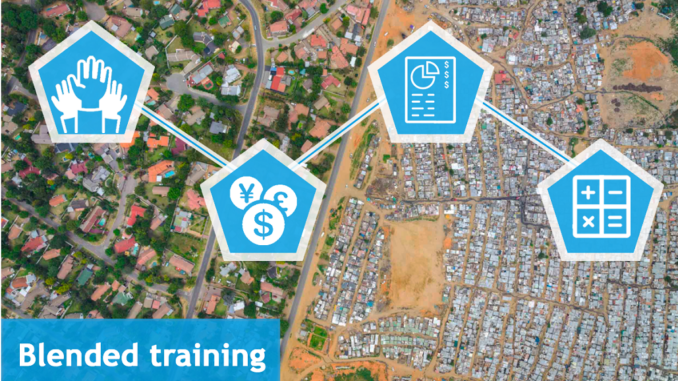
How a country organizes its public finances forms the basis for how local authorities govern priorities in cities, towns, and villages. While national governments have the responsibility to design and supervise a system that works, local authorities are challenged to use their often limited resources for delivering better local services.
Fiscal decentralization enables cities and villages to decide on how and where to spend their allocated and self-generated resources, ensuring a more inclusive response to citizens’ needs. This course will address the efficiency of local authorities’ revenues and expenditures schemes, aiming at improving their budgeting processes and their service delivery responsibility towards citizens.
This course will address the following questions:
- How can spending responsibilities and revenue resources be best assigned to the different government layers in different contexts?
- How can sub-national governments optimize their local revenues and strengthen financial management?
- What is the impact of emergencies (such as pandemics) on local finances?
- How can citizens hold their local authorities accountable?
- How can local budgets effectively respond to citizens’ needs?
Participants will discuss the assignment of expenditure responsibilities and revenue sources, the different variations of intergovernmental transfers, financial accountability, inclusive and participatory budgeting, as well as local government spending and monitoring. Case studies will analyze different local finance contexts across the globe. Participants will also visit Dutch institutions including the Dutch Ministry of Interior, the South-Holland Province and the Municipality of The Hague.
The current COVID-19 crisis poses many fiscal challenges for public authorities both at the national and local level, not only in the health sector but also in education, water and sanitation, public order and the economy. Coordinated effort among all levels of government is critical for governing a country in general, but especially in the current situation with many problems to solve with limited means.
Course format:
Online module: This module will consist of several assignments spread throughout the timeframe provided. This is an opportunity to learn about the topic (while enhancing your online skills in an innovative e-learning environment) and prepare you for the next part of the course.
Dates: 8 February to 19 March 2021.
Face-to-Face course: Participants will spend eight days in The Netherlands, focusing on study visits, expert presentations, and the exchange of experiences with other participants. We intend to offer this part of the training during the dates stated below, but if this proves not to be possible, it will be postponed to the earliest possibility.
Dates: 12 – 19 July 2021.
Additional course details can be found on The Hague Academy for Local Governance‘s website.



